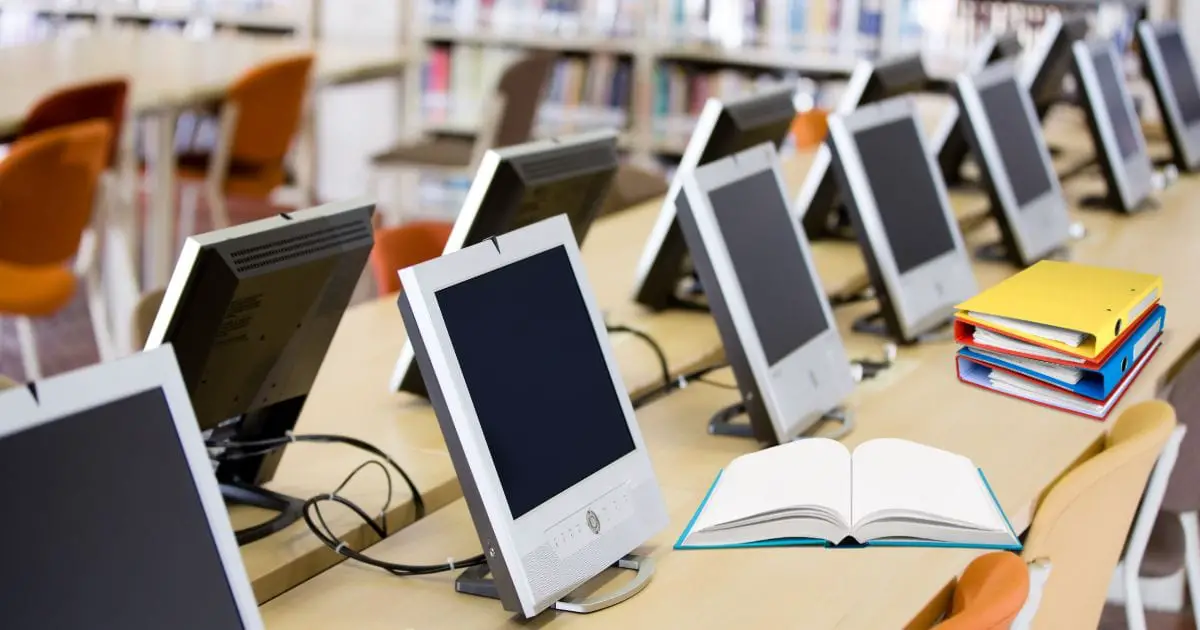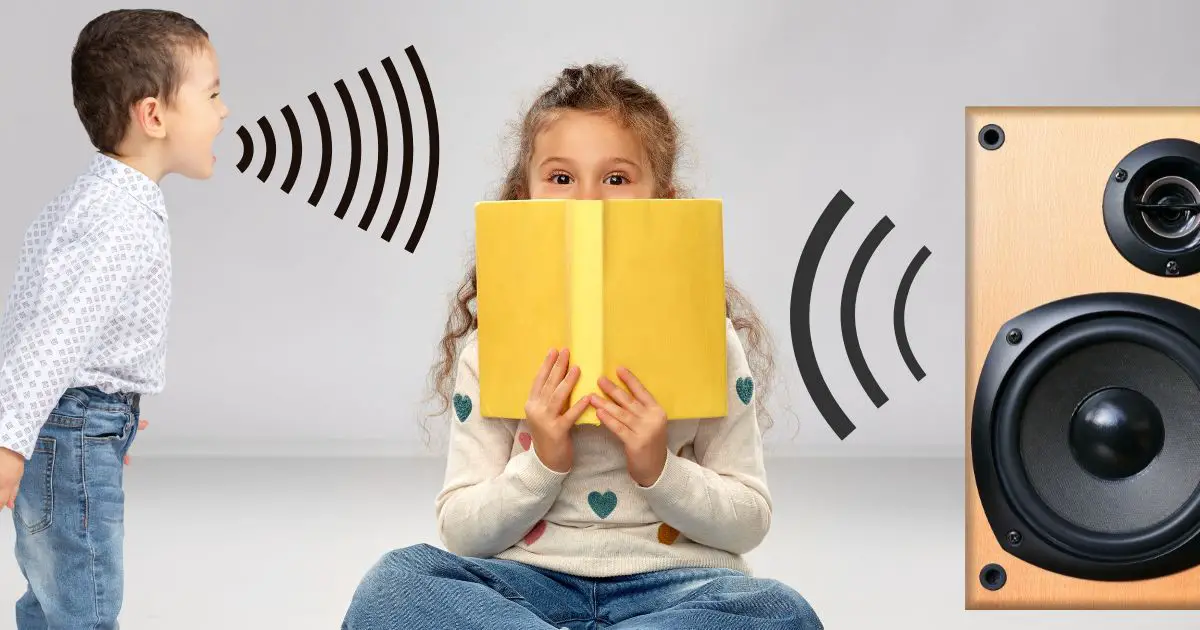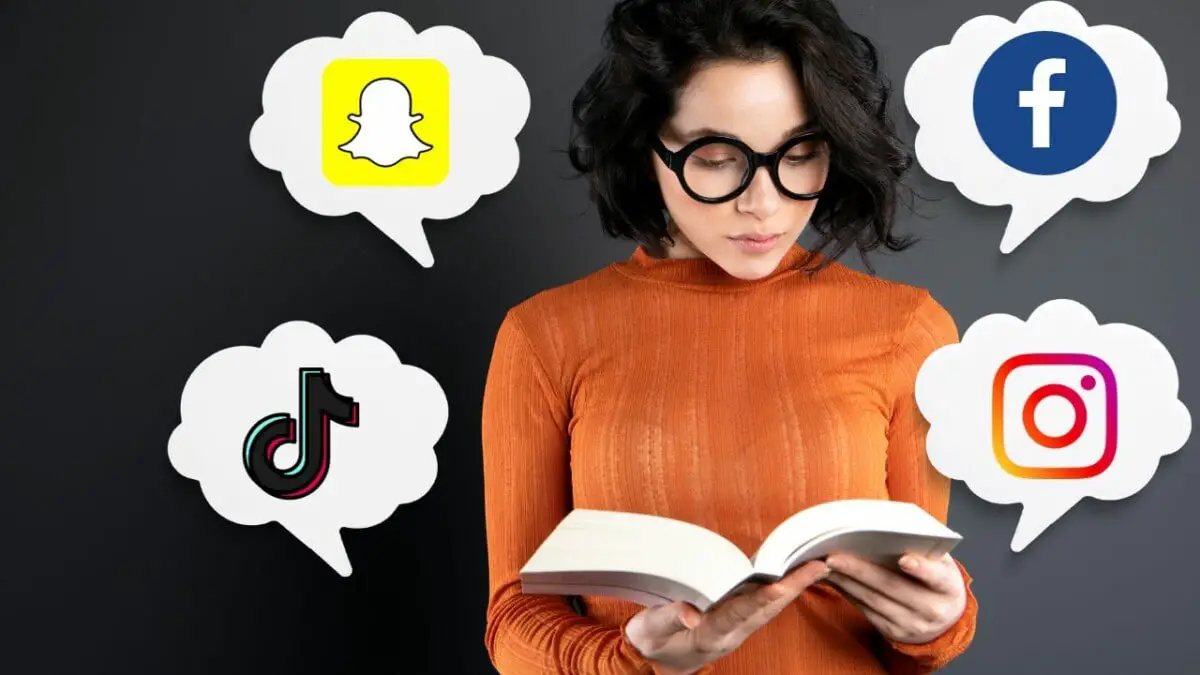Have you ever had the urge to go to the library because you feel like it might be helpful for your research or studying but think it might end up being a waste of time? You might feel like you can do all your studying and research at home which is true but you might be missing out on a lot of benefits by not visiting your local library.
Spending more time at your local public library can be transformative, offering benefits that extend far beyond merely accessing books. The library is a dynamic community space, a sanctuary of knowledge, and a hub for personal growth. Whether you’re seeking solace, information, or inspiration, the local library holds treasures waiting to be discovered. In this comprehensive guide, we’ll take you through a range of reasons why frequenting your neighborhood library can enrich your life in unexpected ways.
Before we move forward, it’s important to note that the benefits of libraries are also backed by research. According to the American Library Association (ALA), public libraries play a crucial role in promoting literacy, lifelong learning, and community engagement.
1. The Library – A Gateway to Knowledge

Access to Diverse Resources
Offering an extensive array of books, magazines, newspapers, and digital resources, public libraries serve as treasure troves of knowledge. They cater to a wide range, from classic literature to contemporary bestsellers, from academic journals even audiobooks. Their offerings are diverse. Armed with your library card, you gain access to this wealth of information and learning opportunities.
Libraries, in their embrace of the digital age, offer more than just traditional print materials. They provide access to e-books, online databases, and multimedia resources. The versatile options available suit every reading preference. Whether you prefer turning pages on a paperback or downloading the latest bestseller onto your e-reader.
Moreover, many libraries form partnerships with digital platforms allowing them to extend services like streaming content and hosting virtual events along with providing online courses, all done purposefully to ensure patrons have unrestricted access whenever it’s convenient for them. It’s a true embodiment of convenience at any time or place!

Stimulating Environment
The library, unlike the solitude of home or the distractions of a café, offers an environment that is conducive to focused learning and exploration. Its serene ambiance is punctuated by soft page rustles and occasional whispers. This fosters concentration while promoting intellectual engagement. As you surround yourself with centuries of collective wisdom, your curiosity for subjects intensifies, propelling you to delve deeper into them.
Libraries, in their curation of spaces, aim to cater to a diversity of learning styles and preferences. The versatile environments offered by the library allow for various activities. You may prefer cozying up with a book in an isolated corner. Someone else might choose to collaborate with peers within designated study rooms. Yet others could opt for attending lectures held within community spaces.
Through the library is a provision, specifically allocating zones for quiet reading or collaborative work as well as fostering interactive learning opportunities. The library actively adapts its services toward accommodating patrons’ needs and desires. This ensures not only fulfillment but also enrichment across all experiences.
Lifelong Learning Opportunities
Not merely book repositories, libraries serve as vibrant centers for lifelong learning. They offer an extensive array of educational programs, workshops, seminars, author talks, and book clubs. These are all tailored to cater to diverse age groups and interests. Whether one is honing professional skills, exploring new hobbies, or simply broadening horizons, the library stands out as a hub of intellectual stimulation and personal growth.
Moreover, libraries actively innovate by harnessing technology to bolster learning encounters. They provide patrons with crucial aptitudes for triumph in the digital era, ranging from digital literacy courses to coding workshops.
Further still, libraries forge partnerships with indigenous entities and educational establishments. Together, this alliance tailors specialized programs on a spectrum of subjects including financial literacy and environmental sustainability. Libraries, by fostering a culture of lifelong learning, empower individuals to not only adapt but also grow and thrive in an ever-changing world.
2. Community Connection – Building Social Capital

Fostering Community Engagement
In our ever-digitizing world, the library still holds its significance as a physical realm for profound human interactions. It unifies individuals of diverse backgrounds, nurturing not only a feeling of inclusion but also enhancing community unity. The library acts as an amalgamation point where people convene to exchange ideas, share experiences and foster comradeship during activities such as attending local history lectures or participating in children’s storytelling sessions.
Libraries, moreover, frequently function as community event venues where a range of gatherings take place, from author readings to cultural performances. Such events provide more than just entertainment. They cultivate deeper relationships among members of the local area. A book club meeting or poetry slam for instance are shared experiences that not only entertain but also form bonds that surpass societal limitations and enhance the very texture of our communal life.
Promoting Inclusivity and Diversity
Embracing diversity and inclusivity, public libraries cater to the needs of a multicultural society; they offer multilingual collections designed specifically for individuals with disabilities. Their aim is clear, to foster an inclusive environment where every person feels not only welcome but also valued. It’s a testament to their commitment.
Libraries play an important role in championing diverse voices and perspectives and actively promoting cultural understanding and social equity. They incorporate these essential elements into the fabric of community enrichment, serving as integral threads that connect people.
Libraries, in their active engagement with marginalized communities, deploy targeted outreach programs and form partnerships with local organizations. They offer literacy classes for immigrants and furnish resources for disadvantaged youth. Thus, ensuring that all individuals have access to the necessary tools for thriving. By championing inclusivity and diversity, a hallmark of library ethos, they cultivate an environment where every community member feels a sense of empowerment as well as belonging.
Empowering Empathy and Compassion
The library, in a polarized and divisive era, stands as an emblem of empathy and compassion. Readers cultivate profound insight into different cultures, beliefs, and perspectives by exploring the human experience over time and across space via literary works. Libraries vitalize dialogue by nurturing empathy. They actively contribute to bridging divides, ultimately cultivating society’s compassion.
Moreover, libraries frequently launch programs and initiatives. These endeavors, ranging from community service projects to dialogues on social justice issues, profoundly incite action. They inspire individuals not only to react but also to instigate a positive change in the world. Libraries, by fostering empathy and compassion, equip individuals as agents of transformation. Together with their proactive engagement, they forge an inclusive society that stands on equitable foundations.
3. Personal Development – Nurturing Mind, Body, and Soul

Cultivating Curiosity and Creativity
The flame of curiosity and creativity is ignited by libraries, which in turn inspire individuals to explore new ideas and pursue their passions. Whether delving into a historical biography, experimenting with recipes from cookbooks, or immersing oneself in the world of digital art. These are all experiences that underline an important truth that libraries offer boundless opportunities for self-expression and discovery. Nurturing both curiosity and creativity empowers people to live fulfilling lives richly enriched with knowledge. This is what makes libraries truly indispensable institutions.
Libraries not only offer a diverse range of materials, but they also provide creative spaces and resources that ignite your imagination. Makerspaces equipped with 3D printers and crafting supplies, along with art galleries displaying local talent. These are just some examples of where libraries cultivate limitless creativity. Whether attending a poetry reading or engaging in a writing workshop. It is at the library where you’re encouraged to free your inner artist and express yourself openly.
Supporting Mental Health and Wellbeing
The library, in today’s fast-paced world, provides a refuge from the relentless stresses of daily life; it actively promotes mental health and well-being. Whether one seeks solace within its quiet corners, specifically those found within the reading room, or engages with mindfulness meditation workshops. There is always a sanctuary offered for relaxation and rejuvenation at our libraries. Through their provision of resources dedicated to mental health awareness along with coping strategies. They empower individuals not only towards self-care but also emotional resilience, thus underlining that taking care of oneself should be prioritized above all else.
Libraries, in collaboration with local mental health organizations, offer specialized programs and support services that cater to the needs of the community. They provide a safe environment where individuals can seek guidance and solace through activities ranging from therapy dog sessions to group therapy discussions. The vital role libraries play in promoting mental wellness and resilience within communities is evident as they foster a culture of compassion and understanding.

Inspiring Lifelong Habits
Regularly visiting the library instills habits with the potential to last a lifetime. It cultivates an enduring love for reading in young children, fuels a lifelong thirst for learning among adults, and plays pivotal roles in shaping individual behaviors and attitudes. Accessing free educational resources and programming empowers individuals at libraries. They seize control over their personal and professional development, laying foundations not just for success but also for fulfillment that spans life’s entirety.
Libraries are the catalysts for community engagement and social interaction, actively fostering a sense of belonging as well as accountability. Whether one attends a book club meeting or volunteers at a literacy program, it is through these activities that libraries encourage active participation in and contribution to deep involvement with the local community. Cultivating a culture of lifelong learning and civic responsibility empowers individuals. This is precisely what libraries do, and they enable people to lead purposeful lives. Furthermore, they ensure that each person can make meaningful contributions to society.
4. Technology Access and Digital Literacy

Bridging the Digital Divide
Access to technology and proficiency in digital literacy are imperative for full societal participation in our progressively digitized world. As pivotal hubs, public libraries play a crucial role in bridging the digital divide. They offer free access not only to computers but also internet connectivity, along with technology training programs.
The library provides indispensable support, whether you seek employment opportunities. Aim to master basic computer skills or navigate online resources for flourishing during this era of digitization.
Not only do public libraries provide technology access, but they also tailor their assistance to bridge the gap for people with different levels of digital proficiency. Equipped with expertise in navigating the complexities of the digital landscape, librarians offer personalized support and training to amplify patrons’ skills. The library serves as a welcoming environment where individuals, whether tech novices or those seeking refinement in their digital abilities, can learn at their own pace and surmount barriers to inclusion.
Promoting Digital Inclusion
Online job applications, e-government services, and other essential tasks necessitate digital proficiency. Yet not all possess the requisite resources or knowledge for effective navigation of this landscape. Promoting digital inclusion, an imperative role, falls squarely on public libraries.
Public Libraries offer technology workshops, one-on-one assistance included, and provide access to invaluable digital resources. Libraries, in their efforts to empower communities for full participation in the digital economy and society, equip individuals with not only technology skills but also the confidence needed to harness their power.
Public libraries, furthermore, actively collaborate with local community organizations and government agencies. They aim to broaden the scope of digital inclusion initiatives. Through partnerships forged across sectors, libraries address diverse populations’ unique needs ensuring no one gets left behind in this digital era.
By employing targeted outreach efforts and culturally responsive programming, a reflection of their commitment to equity, libraries aim at create an all-inclusive, equitable digital environment where everyone not only participates but also thrives.
Empowering Economic Empowerment
Public libraries, functioning as catalysts for economic development, equip individuals with the necessary digital skills to thrive in the modern workforce. This underscores that access to technology and digital literacy are not merely conveniences. They also enable economic empowerment.
The library offers a plethora of resources and support services. From resume creation tutorials to online job training programs, all aimed at facilitating your success whether you’re exploring career opportunities or embarking on entrepreneurial ventures. Libraries, through bridging the digital divide and promoting digital literacy, unlock new opportunities. They pave pathways toward financial independence.
Libraries additionally provide tailor-made resources and programming to bolster entrepreneurship within the community, thus catalyzing economic growth. Business planning workshops, along with access to market research databases. These are the tools that libraries equip aspiring entrepreneurs with crucial knowledge for launching and sustaining successful ventures.
Libraries foster a culture of innovation. They instill an entrepreneurial spirit in individuals, empowering them not only to recognize their economic capacity but also to contribute significantly towards their community’s prosperity.
Conclusion
In conclusion, spending more time at the local public library offers a multitude of benefits, from expanding your knowledge and building social connections to nurturing personal growth and well-being. Whether you’re a student seeking academic resources, a professional looking to upgrade your skills, or simply an avid reader in search of literary adventures, the library welcomes you with open arms. Don’t forget if you’re feeling down and don’t feel like heading to the library, you can always enjoy their online service as many libraries have websites for you to rent and read digital books, and maybe other services that can be offered exclusively online.
By embracing the power of the public library, you embark on a journey of self-discovery, enlightenment, and community enrichment. So, why wait? Dive into the world of possibilities that awaits you at your neighborhood library today.





